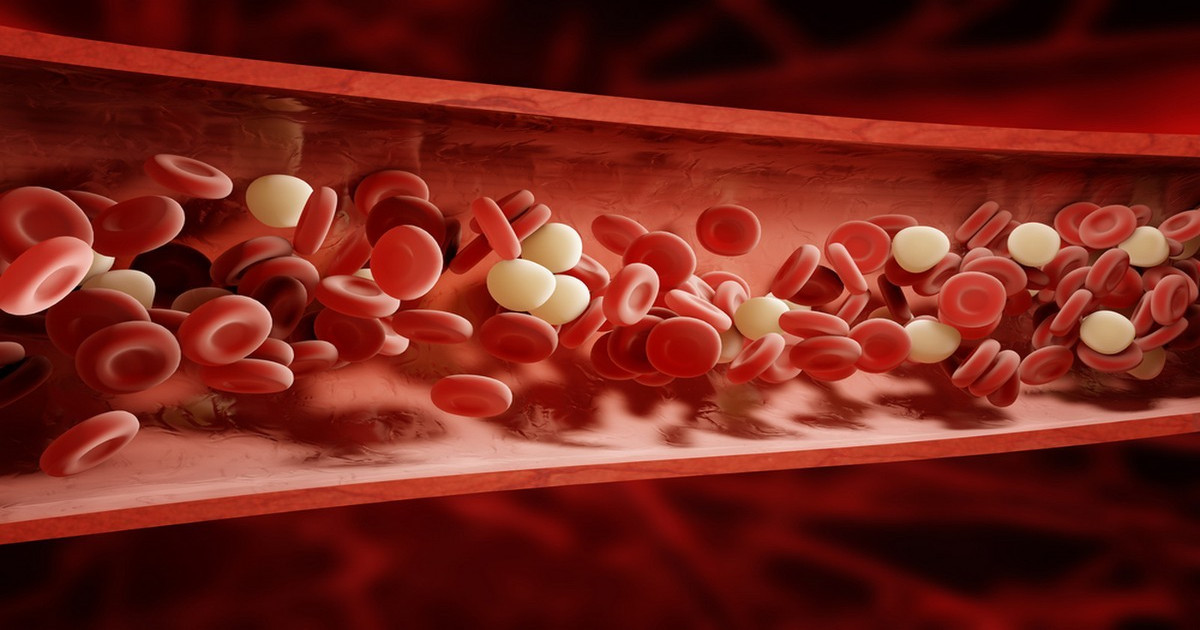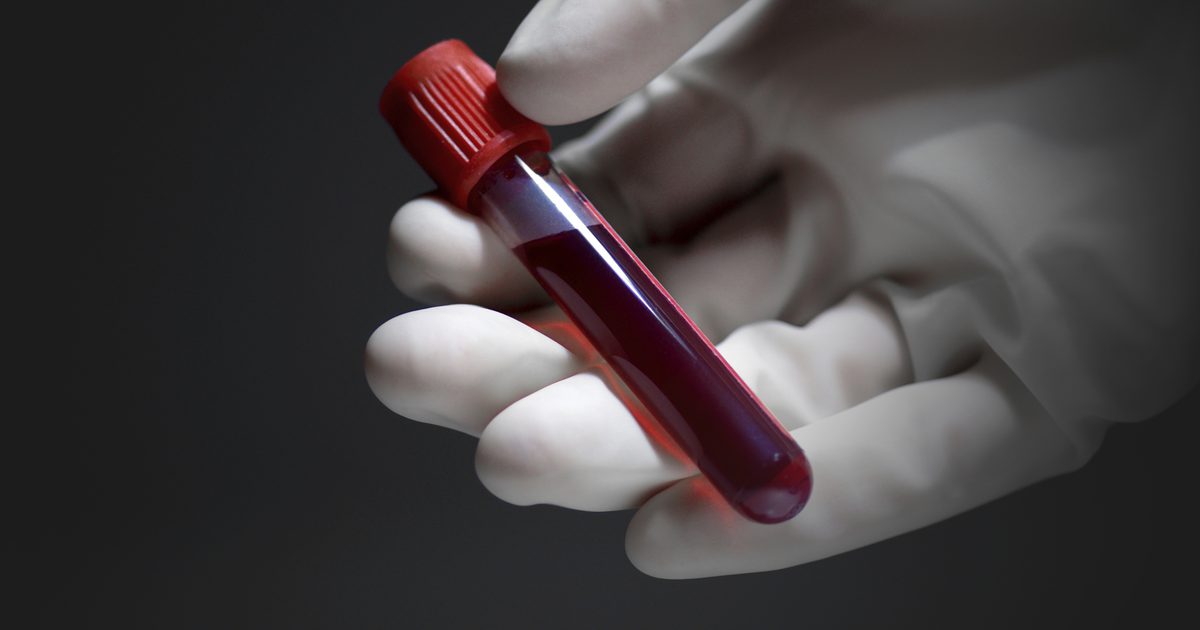What Is Anemia?
Anemia is a common condition that affects nearly one-quarter of the global population. It is also often correlated to a deficiency in vitamins and minerals, such as iron and vitamin B12. When the body lacks these elements in the blood, it causes issues with oxygen-rich blood flowing through the veins and this blood transporting nutrients where they need to go. Additionally, many individuals who have been diagnosed with anemia are uncomfortable with the term itself. When one is diagnosed with any medical condition there is uncertainty with regards to the unknown.
What Is Anemia?

Anemia is defined as virtually any condition in which the body does not produce enough healthy red blood cells; which are critical to the body's successful functioning. Red blood cells are vitally important to an individual's health as they carry hemoglobin, which is a complex protein that contains iron molecules. The main function of iron molecules is to carry enough oxygen from the lungs and disperse it to the rest of the body. If the body is not creating the red blood cells it requires on its own, it may react by experiencing a number of unfortunate and harmful symptoms.
What Causes Anemia?

Anemia occurs when there is a shortage of functional red blood cells in an individual's body. Anemia can happen if an individual experiences a significant loss of blood internally or externally. This loss of blood could be through wounds, an injury, menstrual bleeding, cancer, digestive ulcers, and certain medications. The next major cause of anemia is a decreased or impaired production of healthy red blood cells. There are several ways this can happen, including a shortage of a mineral called iron, and when the body is unable to properly absorb vitamin B12, which is required along with iron for the production of healthy red blood cells.
Kidney disease is another common cause of anemia because poor functioning kidneys do not secrete a hormone that assists the bone marrow with the production of red blood cells. Sickle cell anemia also causes the bone marrow to produce irregular red blood cells with an altered hemoglobin structure that deems it non-functional. The third main mechanism that causes anemia is when red blood cells are destroyed faster than the body can replace them. Excessive red blood cell breakdown can occur because of an abnormal immune response, infections, venom, toxins, severe hypertension, spleen enlargement, and clotting disorders.
